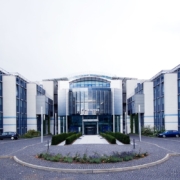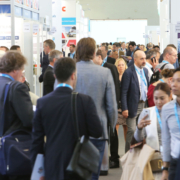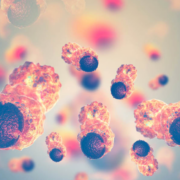Microbiome start-up Nextbiotix raised € 7m in a Series A round. The Paris-based biotech uses commensal bacteria as drugs to treat major inflammatory bowel diseases.
ADVERTISEMENT
Dialysis product and service provider Fresenius Medical Care has placed €500m notes. Yesterday, the medtech giant had to come to terms with a sharp drop in share price.
The 33rd edition of Chemspec Europe, International Exhibition for Fine and Speciality Chemicals, ended after two successful show days with record visitor numbers. From 20 to 21 June 2018, a total of 4,202 trade visitors came to the exhibition grounds of the Koelnmesse in Cologne, Germany, where international experts of the fine and speciality chemicals industry met for Europe’s leading exhibition. These figures represent an increase of visitor numbers by nearly 9% compared to last year’s show in Munich.
Researchers at VTT Technical Research Centre of Finland have developed a vaccine, diluted into drinking water, to treat diarrhoea on piglets being weaned. The vaccine is expected to reduce the global resistance problem caused by excessive antibiotic use.
VarmX will use the combination of a €7.5m Series A financing co-led by BioGeneration Ventures (BGV) and Dutch regional development company InnovationQuarter plus an €5m innovation credit from the Netherlands Enterprise Agency (RVO.nl) to develop a modified blood coagulation factor X to prevent severe bleeding in haemophilia patients.
The EMA’s CHMP recommended nine medicines including six orphan medicines for EU market approval on Friday.
German and US researchers have designed a mouse model that exactly mimics the mechanisms of hepatitis infection in men.
Agribiotech lobby group ISAAA reports that global GMO acreage has grown to 189.8 million hectares in 2017 -3% or 4.7 million hectares more than in 2016.
Roche’s Japanese arm Chugai today returned all rights from a 2016 licence agreement on the RNA polymerase II blocker lurbinectedin to Spanish oncology specialist PharmaMar SA.
Selvita spin-out NodThera Ltd raised £28 million (€31.8m) in a Series A financing round led by Sofinnova Partners and 5AM Ventures and co-financed by Epidarex Capital and F-Prime Capital Partners.







